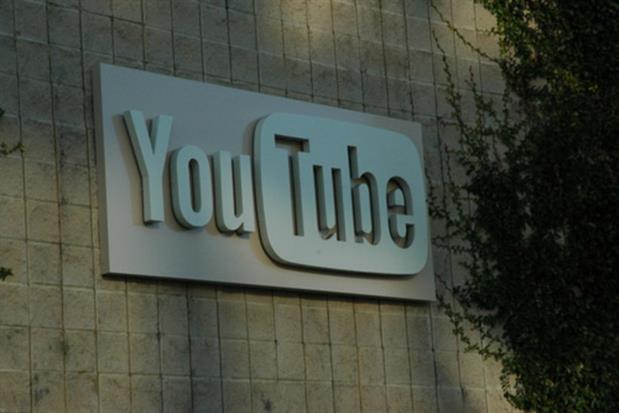
YouTube is battling to win back trust after the brand-safety scandal prompted dozens of companies to pull their adspend, chiefly in the UK, over the past two months.
The biggest change made by the Google site has been to restrict ads only to creators and channels with 10,000 views. YouTube is also hiring "significant numbers of people" to monitor unsuitable videos and has tightened up rules for categorising content by genre and channel, so brands can feel more confident that their ads will appear in a safe environment.
Things are changing at such pace that new issues arise daily – like the recent tragic deaths streamed live on social media
YouTube’s woes, which began when The Times revealed in February that ads were appearing next to extremist content, seem to have had no material impact on Google. First-quarter revenues jumped 22% to $24.7bn, with the UK up 16% on an organic basis.
But some UK agencies say privately that a significant number of brands continue to stay off YouTube, at least in the UK, leading to a drop in price for some ads. They also believe Google has still not done enough to allow independent, third-party verification.
Tim Hussain, head of digital at Ebiquity, says YouTube could give advertisers control over each piece of video inventory. He explains: "The highest standard in video brand safety is currently offered by the TV broadcasters in the UK, who are regulated by the government under their broadcasting licence. I see no reason why one of the highest-valued companies in the world should offer controls below this standard."
There is a wider challenge for digital media, from flawed metrics and ad fraud to viewability and questions about the ethics of Facebook’s live-streaming.
Carat UK chief executive Rick Hirst says: "Things are changing at such pace that new issues arise daily – like the recent tragic deaths streamed live on social media. The industry needs to engage in a collective, forward-looking conversation about responsible marketing and the relationship between the content on the platforms and advertisers. Being in a repeating ‘crisis’ loop will only dent client confidence further."
All the negative publicity has yet to change marketers’ behaviour, judging by an Ebiquity survey of more than 50 leading brands. Two-thirds reported that they would increase their media spend online in 2017. Video, in particular, is booming, with 89% of brands expecting to hike their spend often at the expense of
"static", or text-based, online media.
Google knows it could have handled the brand-safety crisis better. With the online video market
continuing to grow, YouTube has a major incentive to get its house in order.

